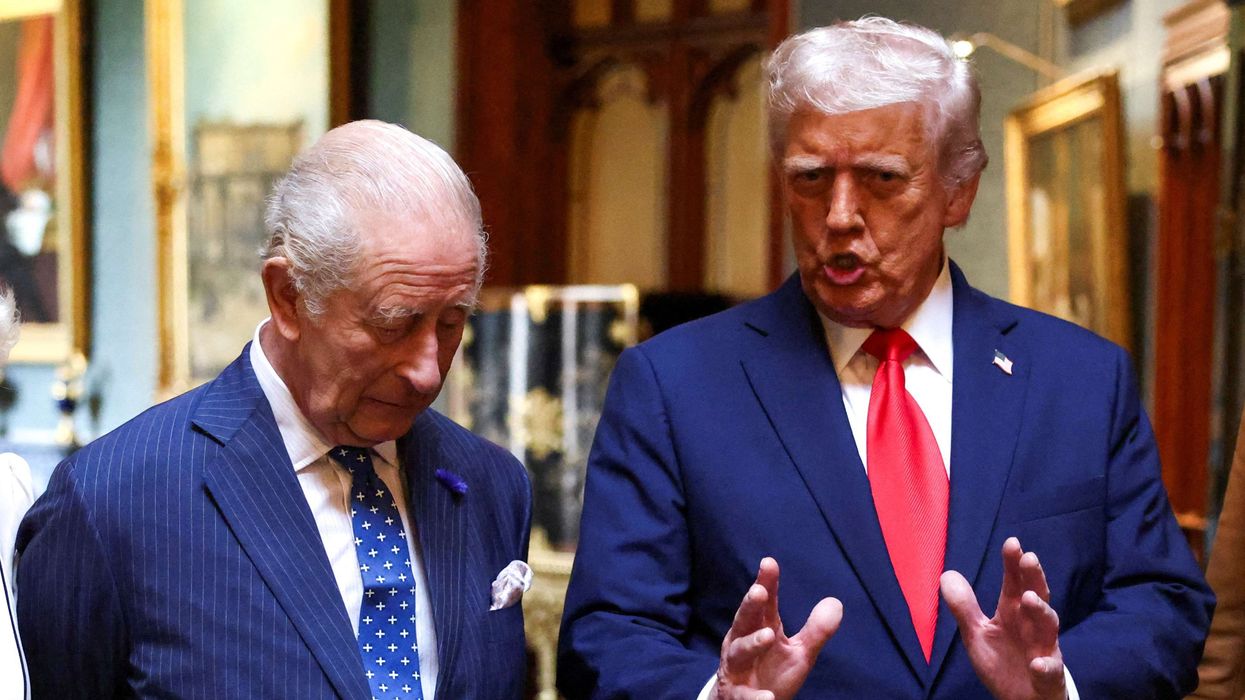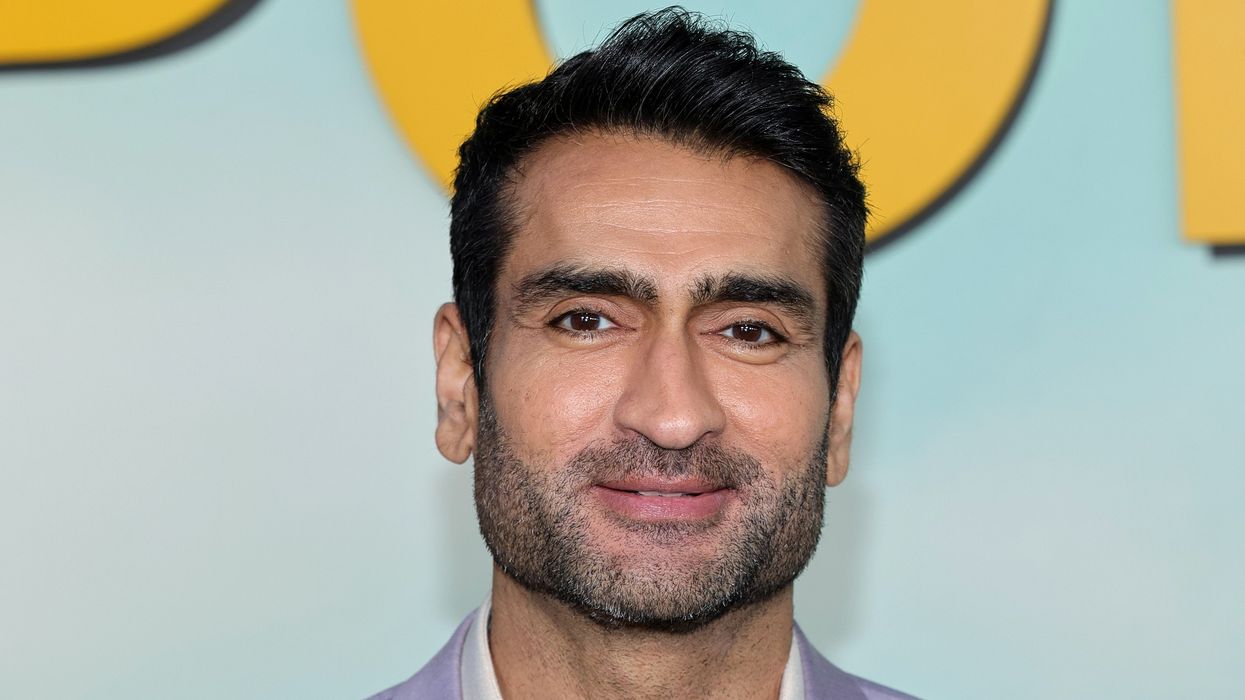LORD PETER MANDELSON was sacked as British ambassador in Washington because of his ties to Jeffrey Epstein, and Prince Andrew’s former wife, “Fergie”, Duchess of York, has also been hauled over burning coals over her emails to the late financier.
However, US president Donald Trump, who was closer to Epstein than either Mandelson or Fergie, was placed next to King Charles at a state banquet in Windsor Castle.
As always, the Private Eye cover captured the double standards. “Mandelson crisis. Starmer Acts!,” was the headline, with the British prime minister Sir Keir Starmer declaring at the doors of No 10: “Goodbye, Peter – we can’t have anything to do with a friend of a paedo.”
There is an identical picture of Starmer, but this time he is saying: “Welcome, President Trump!”
The author, Lord Jeffrey Archer, who has got a new book out (End Game), has discussed Trump with the Daily Telegraph.
He outlines what he considers to be the “worst thing in the news?”: “He seems to have gone completely mad. He’s incredibly rude and childish, calling people ‘losers’. He insults other statesmen like Emmanuel Macron, taunting them. It shows no decorum.
Having served myself with a fantastic prime minister, Margaret Thatcher, I know that there’s no way a country’s leader should behave like that. Who does he think he is? I don’t understand why more people don’t see him for what he is. It doesn’t matter if what he says isn’t true, if he says it with such conviction his voters believe him. He claims he’s the greatest US president ever – what about Jefferson, Lincoln, Washington and so on?”
People who knew nothing about Sir Sadiq Khan will reckon there must be something good about the mayor of London after Trump told the UN general assembly: “I look at London, where you have a terrible mayor, terrible, terrible mayor, and it’s been so changed, so changed. Now they want to go to sharia law, but you’re in a different country.”
Sadiq shot back: “I think president Trump has shown he is racist, he is sexist, he is misogynistic and he is Islamophobic.”
It would be better if Sadiq didn’t rise to the bait.




